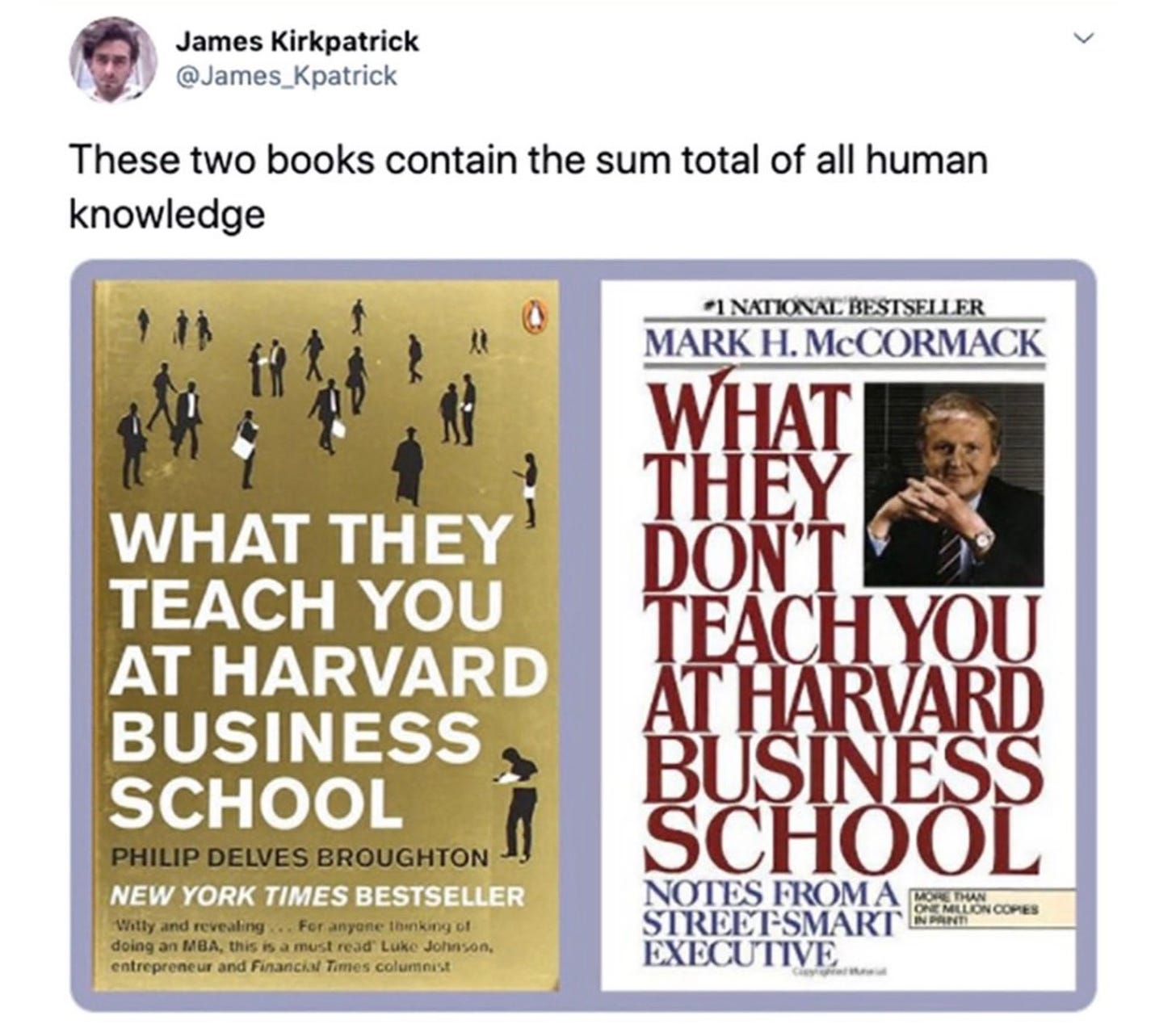To read this issue in your browser, click on the headline above.
Eric Zorn is a former opinion columnist for the Chicago Tribune. Find a longer bio and contact information here. This issue exceeds in size the maximum length for a standard email. To read the entire issue in your browser, click on the headline link above.
Breaking the breaking news habit
One of my housemates at the October Old Time (Music) Retreat in Cass, West Virginia last week disclosed that, about 40 years ago, he all but stopped following the news. Dropped all his subscriptions and no longer watched newscasts on TV or listened obsessively to NPR.
He said he fairly quickly found it relaxing not to ride the roller coaster of current events over which, realistically, he had no control. It made him far happier, he said. Less anxious.
He said that when important things happen in the world, his friends bring him up to speed. He’s not totally uninformed. He knows enough to cast intelligent votes. He simply devotes most of the time and energy he used to give to following the news to serving on not-for-profit boards and otherwise engaging with his community.
Readers of the Picayune Sentinel may not be able to relate. You are an attentive crowd, in my experience. You’re up on the issues, the personalities, the scandals, the diverting memes and the yeasty gossip.
As a news nerd who is, for example, intently following U.S. Senate races in states all over the country and fretting about Illinois Supreme Court races in which I also have no vote, I have a hard time relating.
But my housemate’s retreat from all that caused me to wonder how much of all that is more or less entertainment — often mortifying and depressing, yes, but still just a form of diverting noise you can do little to silence. What we need to know is not the same as what many of us simply want to know.
My question for commenters is whether you are or have ever been tempted to get off the news grid. What, if anything, yanks you back?
Notes and comments from readers —lightly edited —- along with my responses
Some of these messages are in reference to items in last week’s issues of the Picayune Sentinel.
Marc M. — The Tribune’s newsroom union needs to accept the fact that no one except Alden Global Capital wanted to buy the paper. I’m not sure what they hope to accomplish in the upcoming online “Town Hall” meeting , but I will register to attend to find out. I assume that they are trying to develop some broader public support for their concerns. But arguing that management should spend more money and make less profit is probably a losing proposition.
I suspect you’re right. Appealing to the civic conscience of an opaque and rapacious hedge fund seems utterly futile. Alden has invested in newspapers in order to wring every last dollar out of them as they fade away, not to inform the citizenry, speak truth to power, expose shenanigans and otherwise delight, amuse and provoke readers— except to the extent that such elements of the conventional journalistic mission prove profitable.
The argument that investing in strong local journalism — adding reporters, expanding coverage — will yield better financial returns than divesting is certainly appealing, though proving it will be difficult in an era when readership habits are changing and print circulation is falling. I believe that the Tribune could increase readership or at least reduce subscriber defections by hiring or appointing two or three new full-time local columnists, but I can’t back up this belief with data and I’m quite possibly wrong.
The argument that owners should happily make less money because that would improve the health of the community and fulfil a duty won’t be well received anywhere but in the philanthropic community, which, as you note, didn’t show much interest in adopting the Tribune before Alden moved in.
The argument that supporting local journalism by subscribing to local publications is important and valuable continues to resonate with me. The Sun-Times is now free online but you should throw some money their way as well as paying for a Tribune subscription of some sort. Because, I’ll say it again, you don’t want to live in a city without healthy newspapers. Unless, of course, you are a scoundrel.
Carl F. — I enjoyed your link to "What happens when you put ideologues in charge of a university," the story that describes how a conservative administration ousted liberal tenured faculty at Emporia State University in Kansas. I agree we shouldn’t indoctrinate students and we should subject them to open debate. Are you as concerned about the censorship of conservative speakers at public universities?
I am concerned about it, yes A university, of all places, should be an institution that promotes fearless inquiry, muscular dissent and civilized debate. Exposure to arguments with which you strongly disagree helps sharpen (or perhaps soften) your views in a way that makes you a better thinker and more effective advocate.
Instead, we get far too much hand-wringing about the need not to “platform hate speech,” even when the “hate speech” may, in fact, reflect a mainstream or even majority view outside the silo of academia.
This doesn’t mean that campuses ought to open up their venues to every crackpot and hater out there, but that it should consider the credentials of proposed speakers and the popularity of their views in the whole country, not just in the rarified and progressive air of the college. And every such evaluation ought to be as politically neutral as possible.
You don’t want to hear a speech that advances views that differ from your own? Don’t go! Find speakers who promulgate your views and bring them to campus. Propose a debate. And for God’s sake, stop saying that “cancel culture” doesn’t exist.
Eric T. — The only question I ask as I’m walking into the voting booth is, to paraphrase Ronald Reagan, “Are you better off now than you when these clowns were elected?” My answer today is “no,” and I hope others will have the same answer and vote these bums out.
That reasoning is so simplistic as to be destructive. First of all, whether you, personally, are better off now than you were at the time of the last election almost certainly has little to do with the current officeholder in the race in which you are voting.
The same is true if “you” refers to the population at large.
Events beyond the control of each and sometimes all elected officials can make life worse and can make life better.
Of course they will take credit when things go well and deflect blame when things go poorly, but discerning voters need to ask themselves which candidates best reflect their ideas about how their lives could be made better, and, in the case of a candidate seeking reelection, whether life would have been better had they lost.
What if Bruce Rauner had won a second term as governor? What if Toni Preckwinkle were Chicago’s mayor? What if Donald Trump were still president? That’s as hard to say as it is hard to predict the future.
If we have another horrifying surge of the COVID-19 pandemic, will life in Illinois be better if that ignorant ding-dong Darren Bailey is our governor? Do Republicans really have the first clue how to reduce the inflation that’s a sweeping the globe? Who do you want in office helping to shape policies on immigration, crime and the environment? On women’s reproductive rights?
I suspect you agree strongly with some of the “bums” who have been in office these last few years. And you should vote to keep them, whether or not your bank balance or your portfolio is in better shape than it was, or whether you like where America stands in the world today.
Steven K. — Instead of criticising the supporters of the Rev. Michael Pfleger for uncritically rallying to his side, you should have suggested that the media refrain from publicizing accusations until charges are filed.
I don’t know if that was ever the standard, but it seems more than reasonable to me. As you point out, half the time both the accuser and the accused are left in a kind of limbo when the accusations hang out there but cannot be “substantiated.”
You praised the view of Sun Times’ letter writer who said, “The reflexive public displays of support for Pfleger are making it harder for others who have seen, suspected or suffered child sex crimes to come forward. “ But I think that’s balderdash. The idea that someone who has been a victim of sexual abuse might be hesitant to come forward just because they wouldn’t be able to take the trauma of hearing a few voices expressing doubt about their allegations seems like a stretch to me, and even if it isn’t, so what?
Is that really an argument for what amounts to disavowing the presumption of innocence? That letter isn’t an expression of rational concern, but rather, an appeal to emotional hemophilia.
“Emotional hemophilia!” I see I have found a Bill Maher fan in the ranks. He loves that expression (and, frankly, so do I). There will never be criminal charges filed against Pfleger based on these allegations because the statute of limitations has long run. But the archdiocese has, in effect, filed charges by suspending him from the pulpit, and that’s news, particularly given Pfleger’s prominence.
Not covering such a move, not explaining it as fairly and fully as possible, would be a disservice to the community and look like a cover up.
That said, yes, in general the media do not name suspects until they are formally charged.
I continue to maintain that the letter writer makes a good point — those who reflexively and publicly announce that they don’t believe an accuser before they have considered the evidence do make it more difficult, more problematic, for those with valid accusations of abuse against well known figures to come forward. (Not offering an opinion about the validity of these particular claims, for the record).
I’ve never been one to say that we should believe all accusers. I think their claims should be taken seriously but skeptically, examined critically and with an open mind.
The presumption of innocence is a legal principle that doesn’t demand or even suggest that we ought to furiously insist on the factual innocence of someone accused of a crime. It means that we should weigh the evidence and insist upon a high standard of proof before declaring them guilty.
Ya gotta see these tweets!
I often run across tweets that rely on visual humor and so can’t be included in the Tweet of the Week contest (the template for the poll does not allow the use of images). Here are a few good ones I’ve come across recently:
Vote for your favorite. I’ll share the winner in Thursday’s main edition where I will discuss the stay-or-go? dilemma many of us are having about Twitter now that Elon Musk has thrown open the doors to our most crazed anonymous trolls.
There’s still time to vote in the conventional Tweet of the Week poll!
Thank you for supporting the Picayune Sentinel. To help this publication grow, please consider spreading the word to friends, family, associates, neighbors and agreeable strangers.
.



















Regarding the news cycle and the ensuing anxiety levels:
long ago I opted to watch the local news for weather and headlines, and the standard national broadcast news (ABC, NBC, CBS) - get the important updates in the first 15 minutes and then turn it all off. Read a paper or two, and then go for a walk. DO NOT WATCH cable news for any reason! They have to fill 24 hours of air time and the only way to keep you tuned in is to scare you or piss you off. Same goes for the Sky Is Falling Weather Channel.
I used “emotional hemophilia” in my comment last Thursday, and then noticed Maher use it on his show the next night. He must be a PS subscriber.